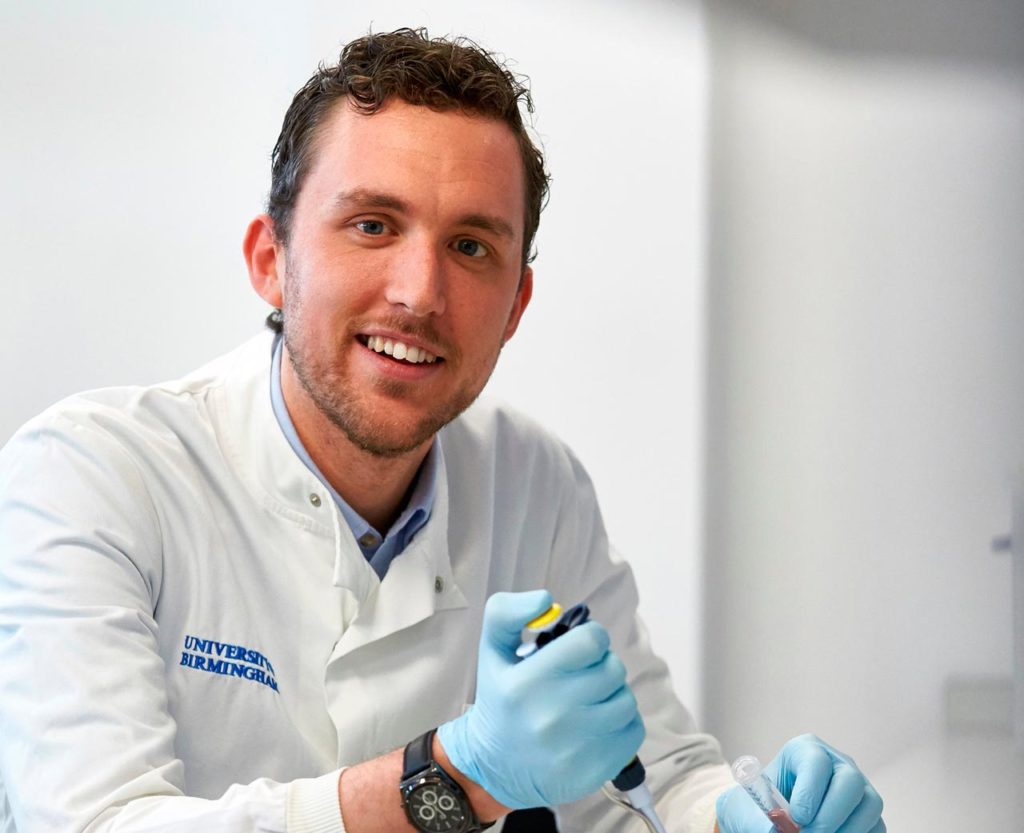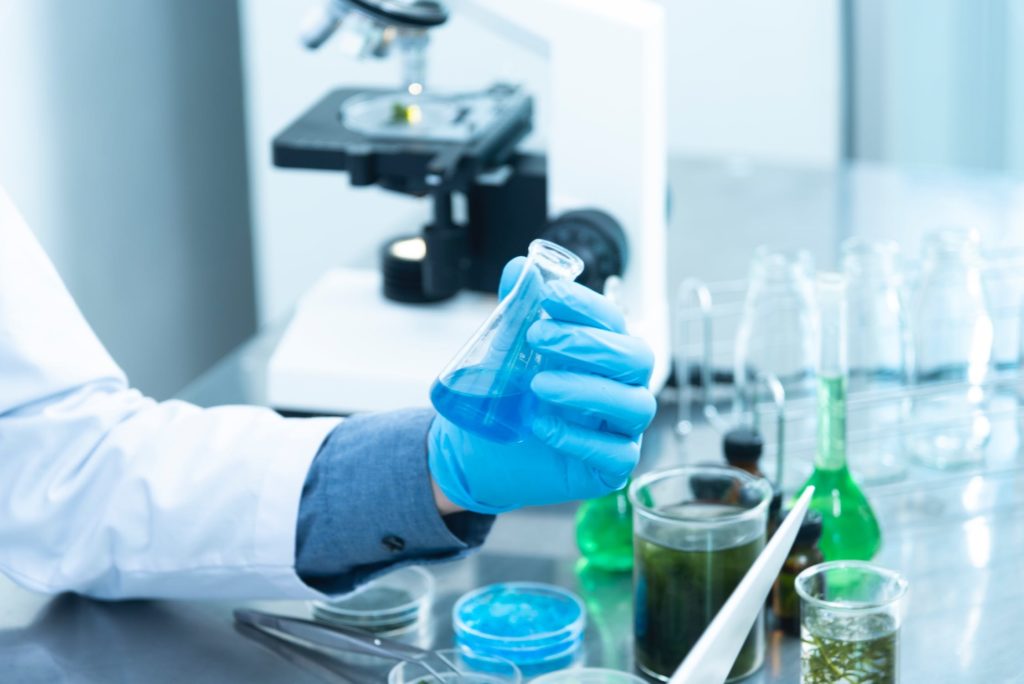Background
Although the major cause of death following severe trauma is bleeding, many patients die later following complications such as sepsis and organ failure. These patients, therefore, consume large amounts of critical care and hospital resources. Human experimental research is required to better understand the hyper-acute immune response to damage before early stratification, identification of potential targets, and therapeutic modulation are possible. The identification of reliable outcome predictors in severe sepsis is vital for the early diagnosis and prognosis and for stratifying patients onto various treatment regimes. Our studies, therefore, focus on the immunological, inflammatory and haematological responses following both severe burns and traumatic injury. This has not only increased our understanding of the physiological responses following injury but resulted in the identification of candidate biomarkers and novel therapies.
Method
We are collecting and storing vast numbers of blood and urine samples from our 2 main patient cohorts (e.g. Golden Hour and SIFTI studies). This involves close collaboration with both our trauma and burns clinical teams. Immune function (e.g. a Neutrophil function) and Haematological parameters are immediately measured within fresh samples. Inflammatory and ageing biomarkers (e.g. cytokines, extracellular vesicles, DNA methylation, Neutrophil Extracellular Traps, metabolites etc) are regularly measured in batches from thawed cellular, plasma and serum samples. Validated sample results are entered into large clinical databases to enable a statistical analysis to determine the relationship of the biomarkers with the clinical status and outcomes of individual patients. New research findings are presented at national and international meetings and published within leading scientific journals.






